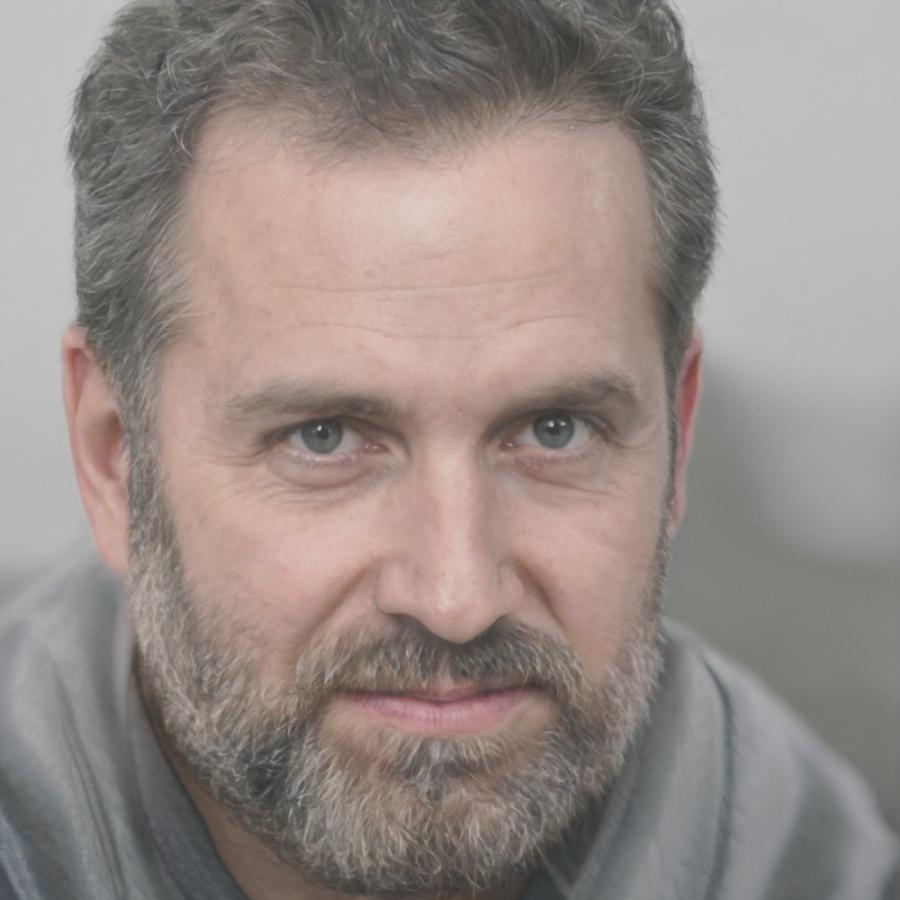Getting Your Financial Foundations Right
Budget consolidation isn't just about tracking numbers. It's about understanding where you actually stand before making changes.
Most people rush into financial strategies without examining their current habits. We've seen this pattern repeatedly—someone starts consolidating budgets, then realizes three weeks later they never understood their baseline spending. That's why this preparation phase matters more than the consolidation itself.
Core Areas to Evaluate First
Document Collection
You'll need three months of bank statements, credit card records, and receipts from regular expenses. Digital copies work fine, but they need to be complete. Missing a fortnight of data can skew your entire baseline picture.
Time Commitment
Plan for approximately 90 minutes weekly during your first month. It sounds like a lot, but this drops to maybe 20 minutes once your system runs smoothly. The initial setup demands attention though.
Basic Tool Familiarity
You don't need advanced spreadsheet skills, but you should feel comfortable entering data and creating simple formulas. If Excel makes you nervous, consider starting with a paper-based tracker first.
Household Agreement
Anyone sharing expenses with you needs to participate. Budget consolidation fails spectacularly when one person tracks while another spends freely. Have this conversation early.
Clear Motivation
Why are you doing this? "I should probably budget" isn't strong enough when month two gets tedious. Maybe you're saving for property, clearing debt, or just tired of money stress. Know your reason.
Current Awareness Level
Can you estimate your monthly spending within 0? If not, you're starting from scratch, which is fine—but expect a longer learning curve as patterns emerge from your data.
What the First Three Months Actually Look Like
Budget consolidation isn't instant. Here's the realistic progression most people experience, based on clients we've worked with since 2023.
Weeks 1-2: Data Gathering
This feels overwhelming at first. You're collecting statements, categorizing expenses, and discovering subscriptions you forgot existed. Expect to spend 2-3 hours just organizing everything. One client found seven active streaming services she thought she'd cancelled.
Weeks 3-6: Pattern Recognition
Your spending habits start becoming visible. Maybe Thursday nights always include takeaway, or car expenses cluster at month-end. These patterns aren't obvious until you see them mapped out. This is when consolidation begins making actual sense.
Weeks 7-10: Adjustment Phase
You'll hit resistance here. Your budget says no dining out, but Friday arrives and you're exhausted. This is normal. The goal isn't perfection—it's learning which compromises you can sustain long-term versus which changes stick naturally.
Weeks 11-12: System Refinement
By month three, tracking becomes routine rather than chore. You've probably modified your original categories, found shortcuts, and developed a rhythm. This is when budget consolidation transforms from project to habit.
Ready vs Not Ready—What's the Difference?
We've guided hundreds through budget consolidation. These patterns separate those who succeed from those who abandon the process by February.
You're Probably Ready When
- You can access at least three months of financial records without major hassle
- You have consistent income, even if it's modest—predictability matters more than amount
- You're willing to track every expense for the first month, no matter how small
- You've discussed this with anyone who shares your finances and they're on board
- You understand this takes months to show results, not weeks
- You're addressing money management because you want to, not because someone pressured you
Consider Waiting If
- Your income fluctuates wildly week to week with no predictable baseline
- You're currently dealing with immediate financial crisis—consolidation requires some stability first
- You can't commit 60-90 minutes weekly for at least the first month
- Your partner or housemates refuse to participate but share expenses
- You're hoping this will solve deeper spending issues without examining your relationship with money
- You expect instant results or guaranteed savings within the first fortnight


Questions People Actually Ask
These come up repeatedly in our sessions. If you're wondering about them too, you're not alone.
None, actually. Budget consolidation works with any income level because it's about understanding your current situation rather than requiring a certain amount to manage. We've helped people with 0 weekly income and people with ,000—the principles stay consistent.
It happens to everyone starting out. Go back through your bank statements and receipts to fill gaps. If you genuinely can't remember a cash purchase, estimate it and move on. Obsessing over a missing defeats the purpose of the broader pattern you're trying to see.
Usually the opposite—track first, then decide about debt consolidation. You need clear visibility into your payment capacity and spending patterns before restructuring debts. Otherwise you're making decisions with incomplete information.
If you have completely separate finances, yes. But if you share rent, groceries, utilities, or any regular expenses, you need their participation. A budget that only tracks half the household spending isn't actually useful for consolidation purposes.
Standard budgeting tracks categories. Consolidation brings all your financial data into one coherent system where you can see relationships between different spending areas and make informed decisions about trade-offs. It's a more holistic approach.
Most people notice changes around week six—not dramatic savings, but clearer understanding of where money goes and more intentional decisions. Real financial impact typically shows up around month four when you've had time to implement and adjust changes based on your consolidated data.

I kept putting off budget tracking because I thought I needed to fix my spending first. Turns out that's backwards—the tracking showed me what actually needed fixing versus what I just felt guilty about. Three months in, I've cut my grocery bill by roughly a third just by seeing the patterns I couldn't notice before.